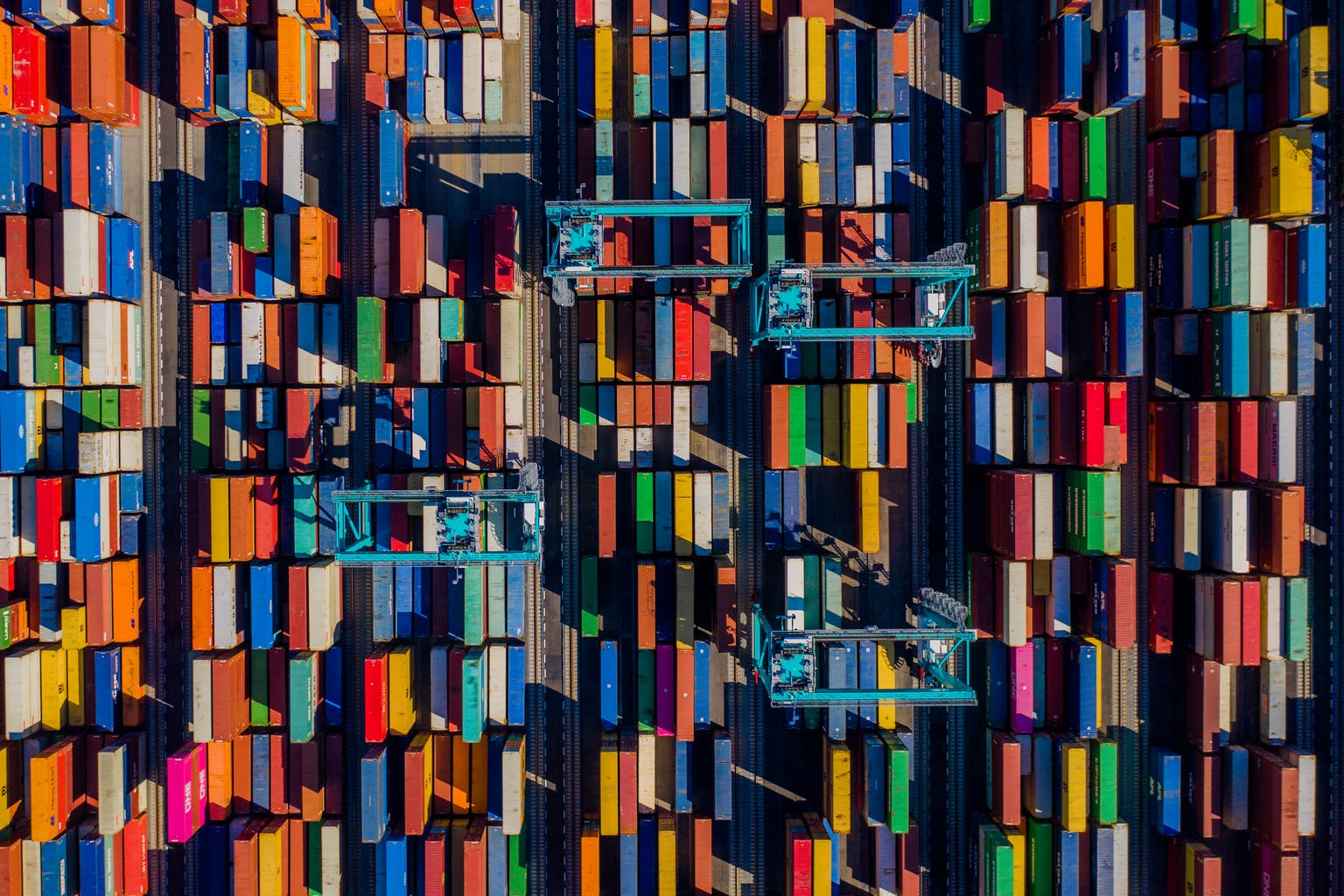Tesla Faces $200 Million Verdict in Fatal Autopilot Crash: A Landmark Ruling on Driver-Assistance Technology

In a landmark case that could reshape the landscape of driver-assistance technology, a California jury has found Tesla partially liable for a fatal 2019 crash involving its Autopilot system. The jury ordered Tesla to pay $200 million in punitive damages to the family of the victim, marking a significant victory for plaintiffs seeking accountability for accidents involving autonomous driving features.
The lawsuit centered around the death of Stefan Milakov, who was killed when his Tesla Model S crashed into a concrete barrier in Hawthorne, California, in December 2019. The plaintiff’s attorneys argued that Tesla’s Autopilot system, combined with inadequate driver warnings and a design that allowed for over-reliance on the technology, contributed to the accident. They further contended that Tesla prioritized profit over safety by releasing a system that was not fully developed and tested.
Tesla, on the other hand, maintained that Milakov was responsible for the crash, claiming he was watching a video on his phone and failed to respond to multiple warnings from the Autopilot system. The company also argued that Autopilot is designed to assist drivers, not replace them, and that Milakov misused the technology.
Key Findings and Arguments:
- Driver Responsibility vs. System Fault: The jury’s decision suggests that while driver error played a role, Tesla’s Autopilot system also contributed to the fatal outcome.
- Warnings and Training: The lawsuit highlighted concerns about the clarity and effectiveness of Tesla’s warnings regarding Autopilot’s limitations and the need for driver vigilance.
- Profit vs. Safety: The plaintiffs’ argument that Tesla prioritized profit over safety resonated with the jury, raising questions about the company’s approach to developing and deploying driver-assistance technology.
Implications for Tesla and the Autonomous Vehicle Industry:
This verdict is likely to have far-reaching implications for Tesla and the broader autonomous vehicle industry. It could lead to increased scrutiny of driver-assistance systems, stricter regulations, and a greater emphasis on driver safety and training. Tesla may face similar lawsuits in the future, and the company could be compelled to modify its Autopilot system and improve its safety protocols.
The case also underscores the ongoing debate about the responsibility for accidents involving autonomous driving technology. As vehicles become increasingly automated, determining liability in the event of a crash becomes more complex. This ruling suggests that manufacturers cannot simply absolve themselves of responsibility by claiming that drivers misused the technology.
What's Next?
Tesla is expected to appeal the verdict. The outcome of the appeal could further shape the legal landscape surrounding autonomous vehicles and set a precedent for future cases. Regardless of the final outcome, this case serves as a stark reminder of the potential risks associated with driver-assistance technology and the importance of ensuring its safe and responsible deployment.
The $200 million punitive damages award is a significant blow to Tesla, but more importantly, it's a message to the industry that safety must be paramount in the development and deployment of autonomous driving systems.






